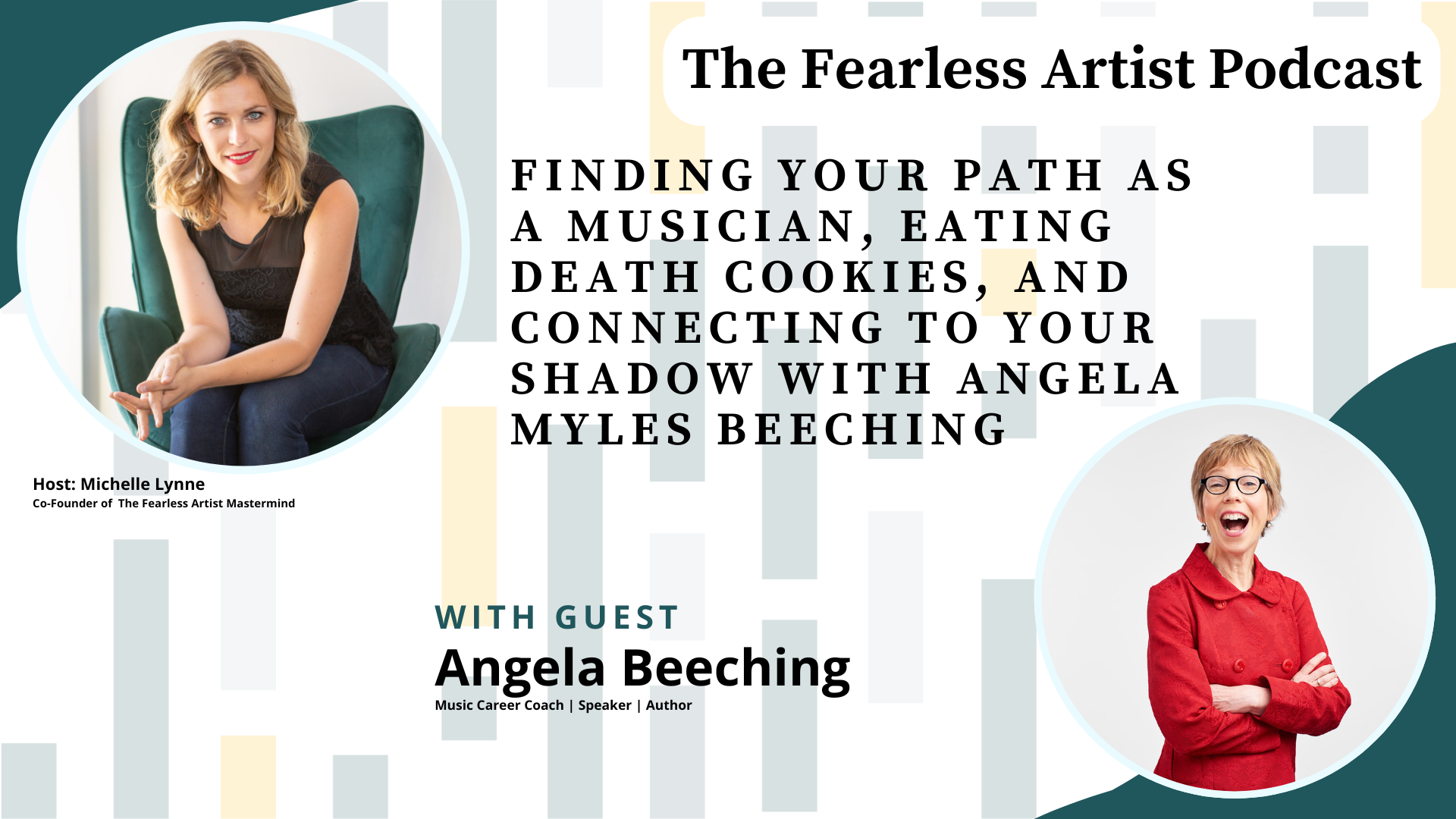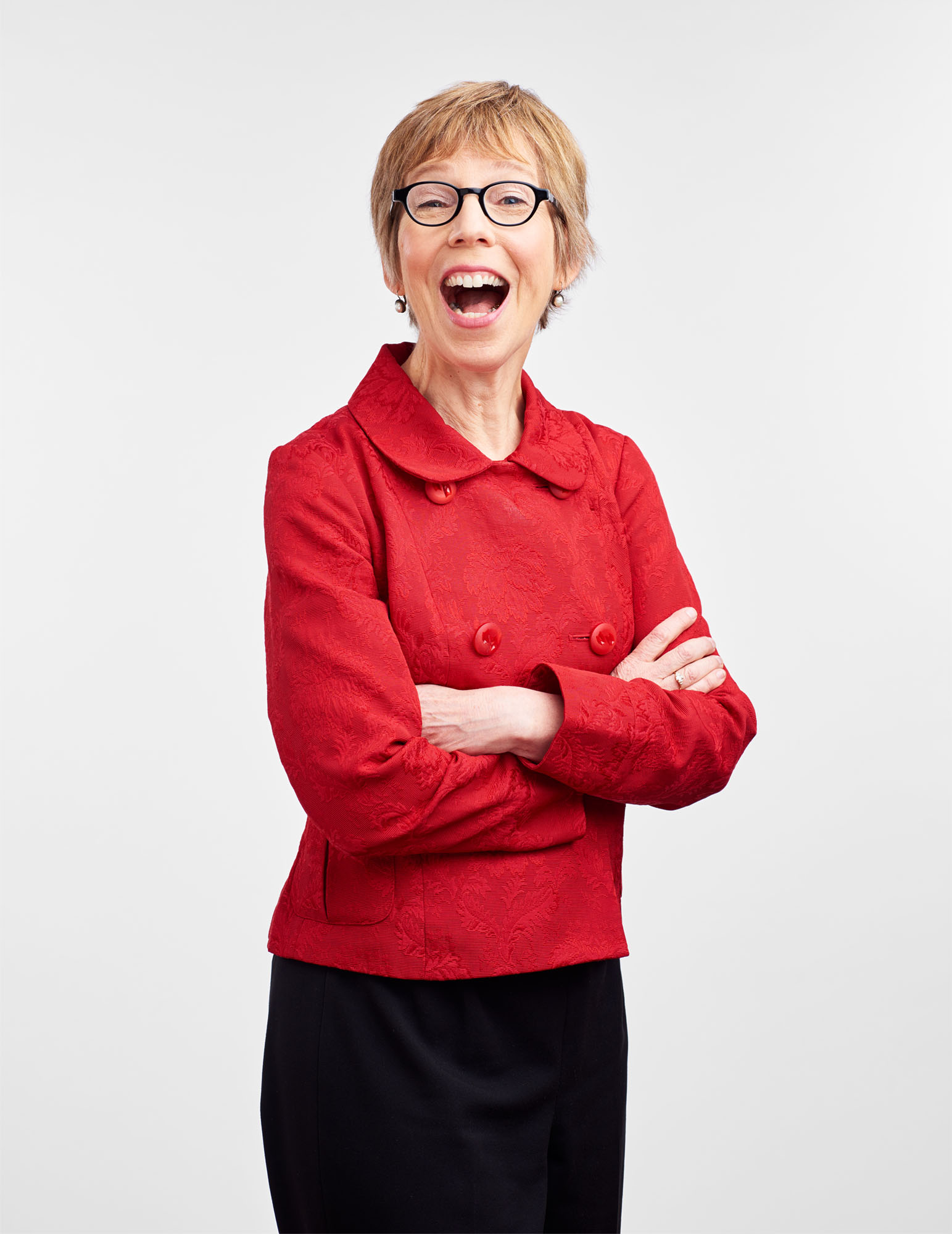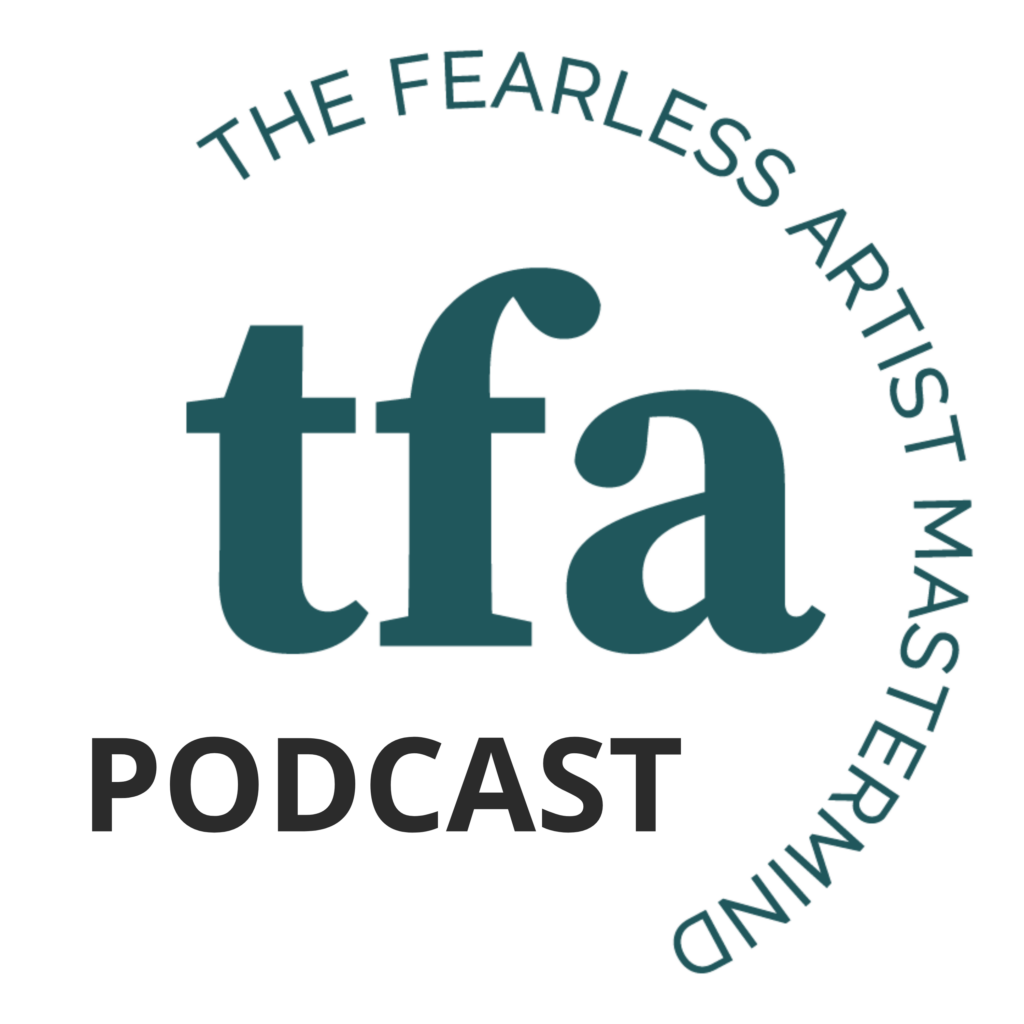Finding your path as a musician, eating death cookies, and connecting to your shadow with Angela Myles Beeching

Guest:
Angela Beeching
Music Career Coach | Speaker | Author
Author of “Beyond Talent: Creating a Successful Career in Music,” Angela Myles Beeching is dedicated to helping musicians live the life they desire. As a guest speaker, Ms. Beeching has presented workshops at conferences, festivals, and many music schools in the US and abroad. Her experience also includes directing career and entrepreneurship programs at the Manhattan School of Music, Indiana University, and New England Conservatory. A Fulbright Scholar and Harriet Hale Woolley grant recipient, Ms. Beeching holds a doctorate in music from Stony Brook University. She maintains a thriving consulting practice, working with individuals, ensembles, and organizations to facilitate change. Fascinated by career paths and life choices, Ms. Beeching is committed to helping musicians build their own paths to success.
—
Musician’s Pathfinder Guide: https://angelabeeching.com/newsletter/
Newsletter Piece on Writing Bios: https://angelabeeching.com/musician-bio/
Website: https://angelabeeching.com/
—

Subscribe to The Fearless Artist Podcast
Intro/Outro music by Michelle Lynne • Episode produced by phMediaStudio, LLC
